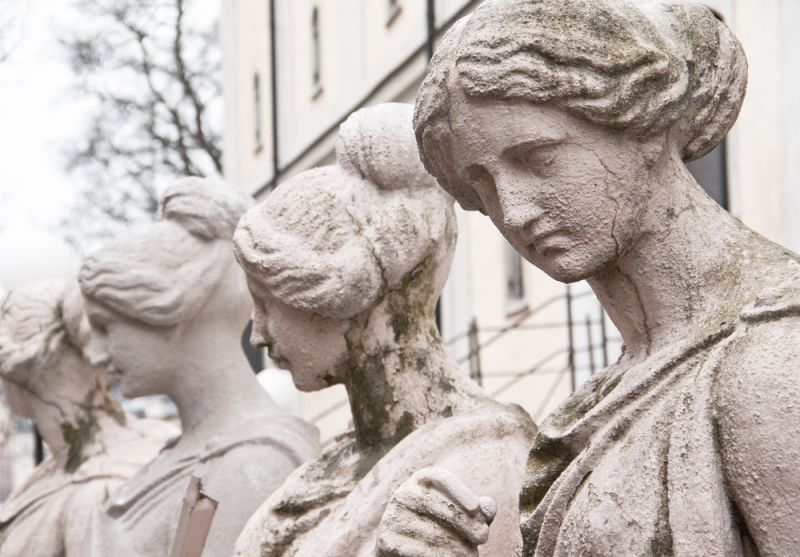Disir
Platinum Member
- Sep 30, 2011
- 28,003
- 9,608
- 910
If you’re unfamiliar with the tale of Rome’s beginnings, it’s a powerful story with an underlying matriarchal theme.
The legend is that Rhea Silva, a Vestal Virgin birthed twin sons named Romulus and Remus, and was soon forced to abandon them due to threats against their lives. Intercepted from the Tiber river by the god Tiberius, the twins were saved as they nursed from the she-wolf Lupercal. Some 3,000 years later, and Italian society is still suckling from the teet of women’s accomplishments.
Influential women have riddled Italian history, yet rarely make it past the textbook page into public discourse.
Hortensia, the first female lawyer who lived in 42 B.C. argued that women should not have to pay for a war they wanted nothing to do with.
Trotula de Ruggiero, the first female gynecologist argued against God’s will for pain during childbirth and presented the idea of opium to ease said pain.
Artemisia Gentileschi, who lived in the 17th century, was the first recognized female painter.

 www.wantedinrome.com
I've heard of Franca Sozzani. In fact, I just watched a show about her on the Netflix not too long ago.
www.wantedinrome.com
I've heard of Franca Sozzani. In fact, I just watched a show about her on the Netflix not too long ago.
The legend is that Rhea Silva, a Vestal Virgin birthed twin sons named Romulus and Remus, and was soon forced to abandon them due to threats against their lives. Intercepted from the Tiber river by the god Tiberius, the twins were saved as they nursed from the she-wolf Lupercal. Some 3,000 years later, and Italian society is still suckling from the teet of women’s accomplishments.
Influential women have riddled Italian history, yet rarely make it past the textbook page into public discourse.
Hortensia, the first female lawyer who lived in 42 B.C. argued that women should not have to pay for a war they wanted nothing to do with.
Trotula de Ruggiero, the first female gynecologist argued against God’s will for pain during childbirth and presented the idea of opium to ease said pain.
Artemisia Gentileschi, who lived in the 17th century, was the first recognized female painter.

Most influential Italian women in the XX century
Women have riddled Italian history, yet rarely make it past the textbook page. Here is a list of some of the most influential and Inspiring Italian women in the XX century.



